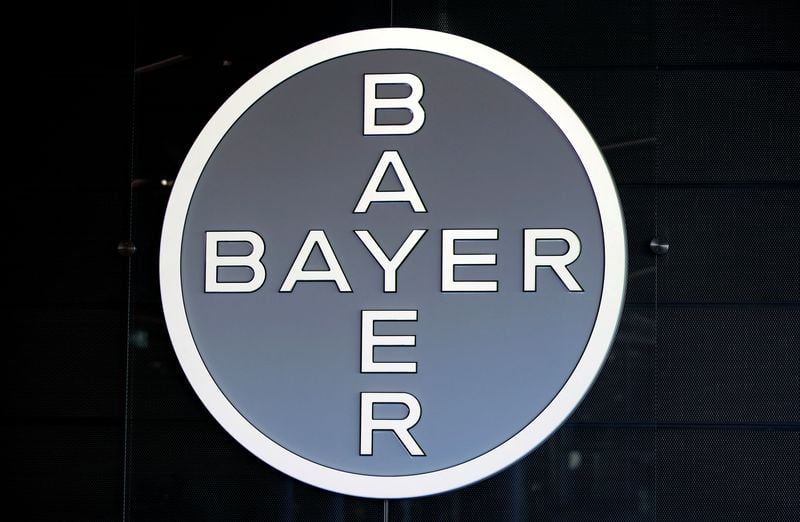(Reuters) -Bayer was ordered on Friday to pay $2.25 billion to a Pennsylvania man who said he developed cancer from exposure to the company’s Roundup weedkiller, the man’s attorneys said.
A jury in the Philadelphia Court of Common Pleas found that John McKivision’s non-Hodgkins lymphoma was the result of using Roundup for yard work at his house for a period of several years. The verdict includes $250 million in compensatory damages and $2 billion in punitive damages.
“The jury’s punitive damages award sends a clear message that this multi-national corporation needs top to bottom change,” Tom Kline and Jason Itkin, McKivision’s attorneys, said in a joint statement.



The jury has some say in what they have to pay. Sometimes they go higher than you would expect so that when it’s cut down by a judge they still get something.
Can the jury say anything they want or are there any limitations?
I am not a lawyer but from what I understand there are 2 levels of penalty, 1 that has some kind of basis like medical costs and then jury can add punitive on top.
It would be better to have something like a class action where they have to pay out $40 million each to hundreds of people rather than 10 people get ridiculous sums that are way more than they need and everyone else get nothing because the company went bankrupt after the first 10 settlements.
It was probably easier to prove this single one rather than finding enough people for a class action.
Yeah, but it still shouldn’t go to a single person. Better pay it as a fine to the state or distribute it to charities. Or, better yet pit the money into creating a foundation to help cancer victims.
Somewhere above the 10-100m$ range it loses any sort of compensatory purpose, both you and your eternal decendants could live off of just interest at that point and buy essentially anything.
No one ever actually gets paid out the full sum like this. I don’t disagree that there are things that could and maybe should be done with this kind of cash but in cases like this its not always easy to prove a causal link between whatever chemicals and whatever illness. Regardless of what is done with the money this still sets a precedent and others will have an easier time suing for damages.